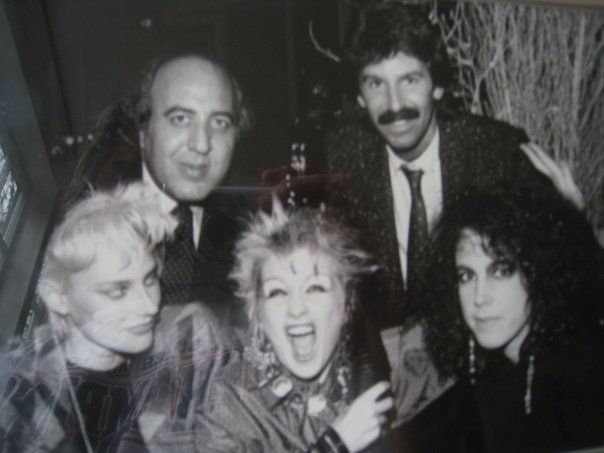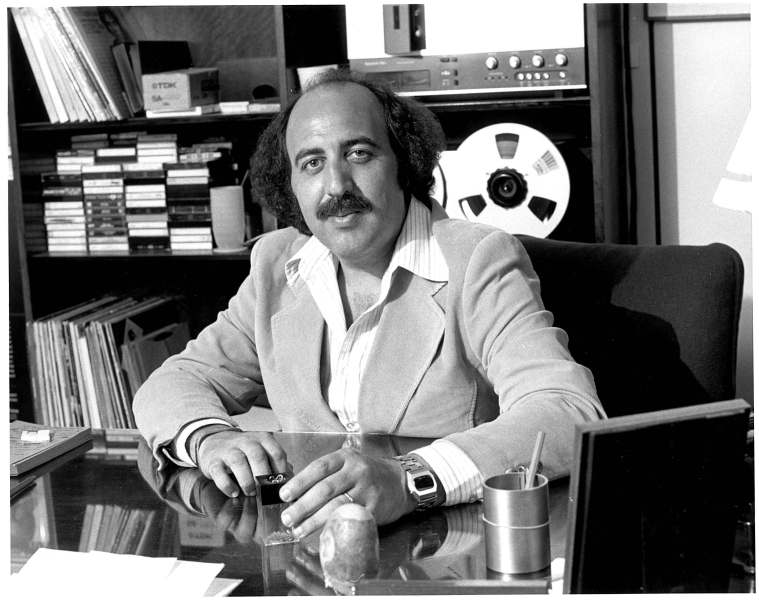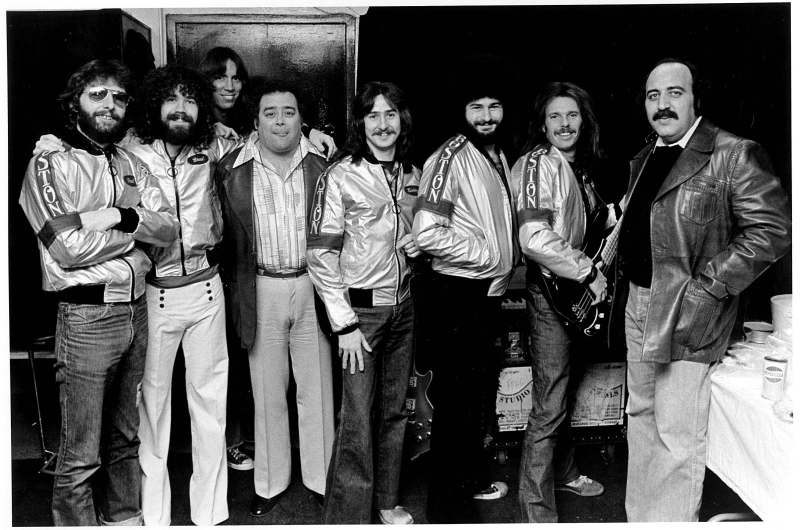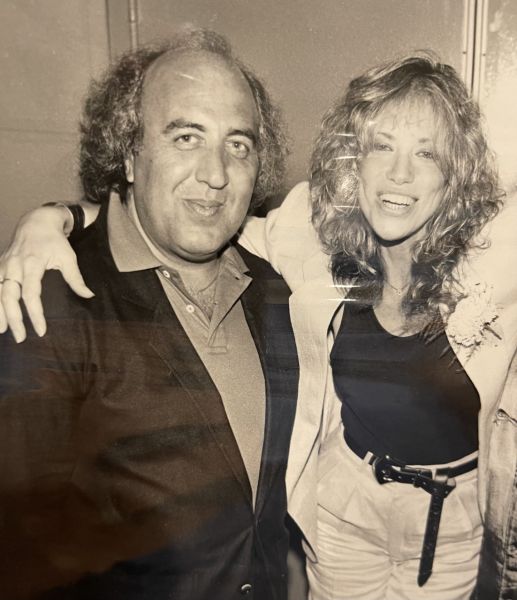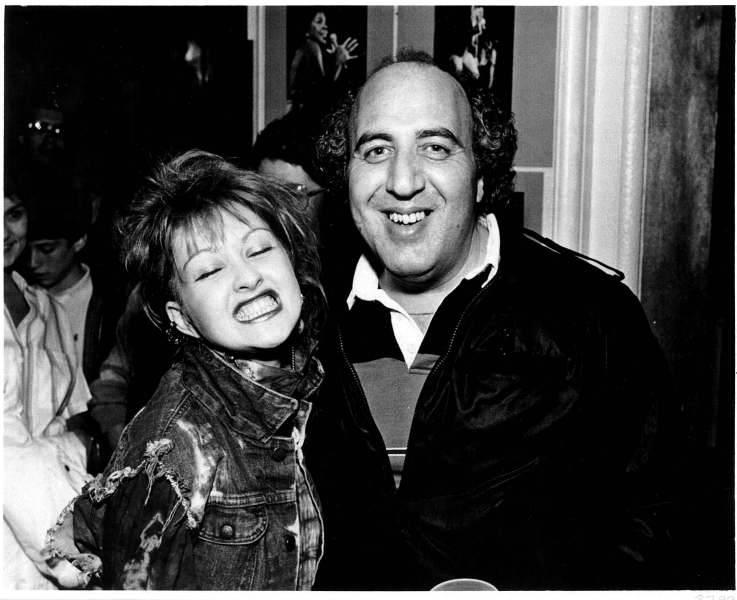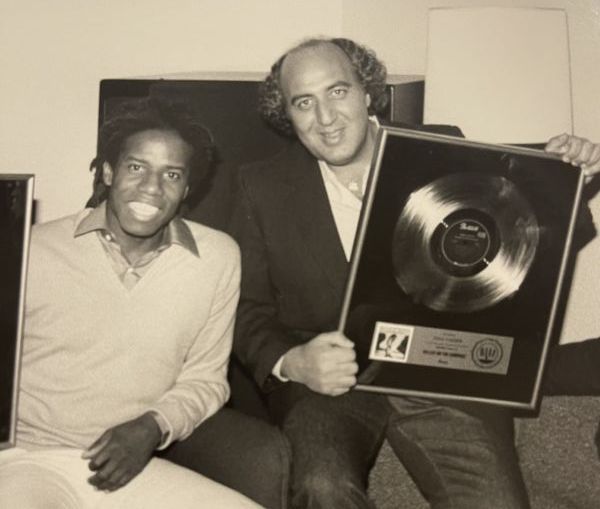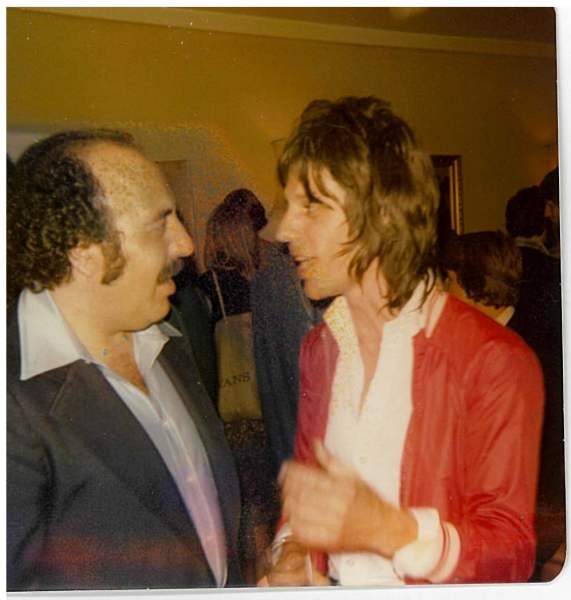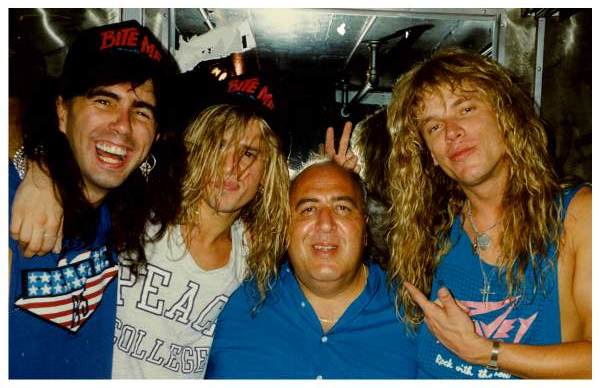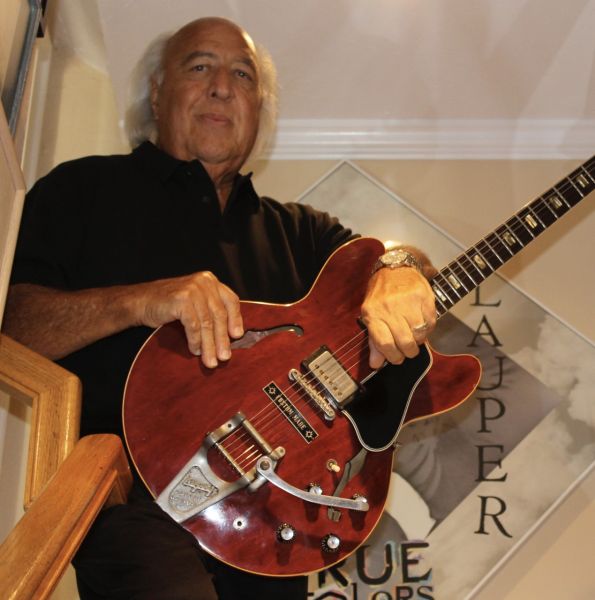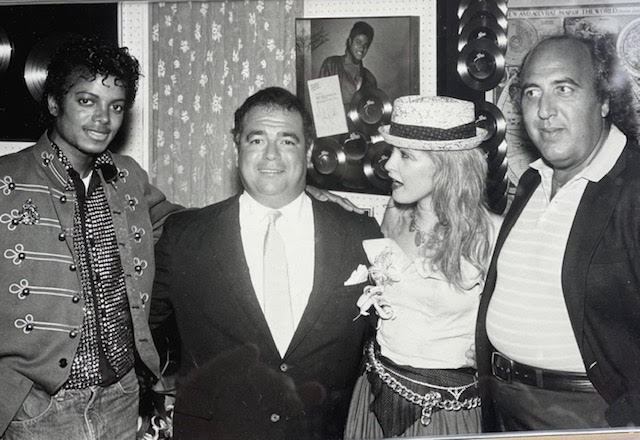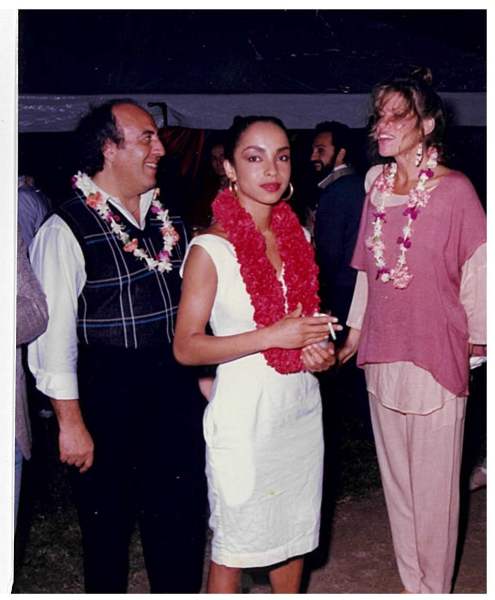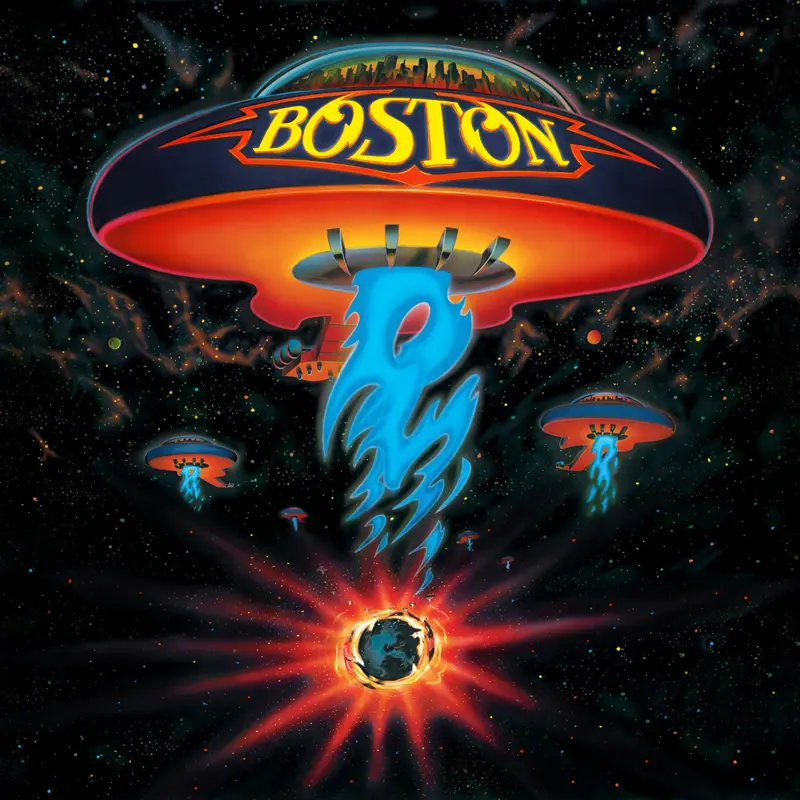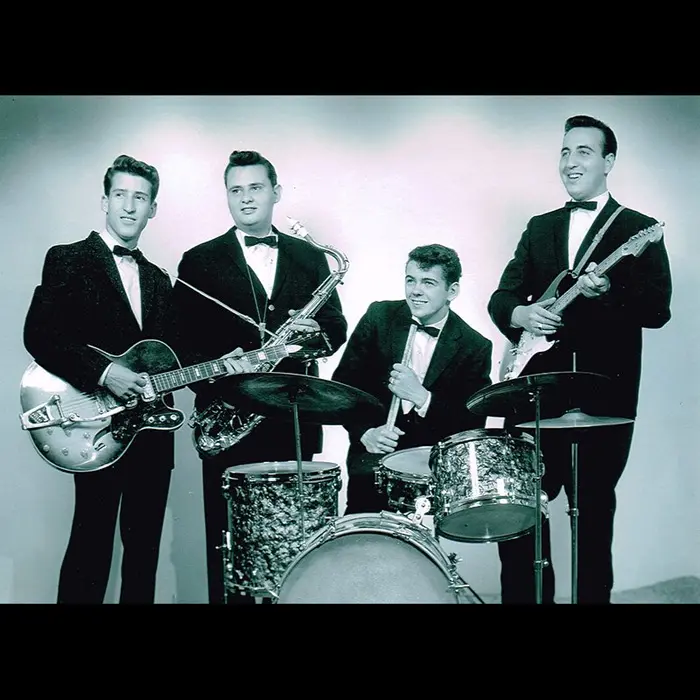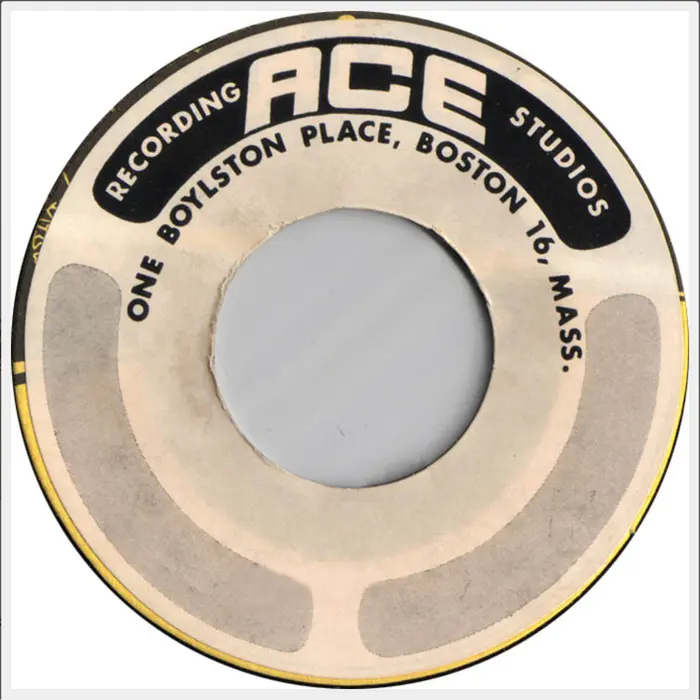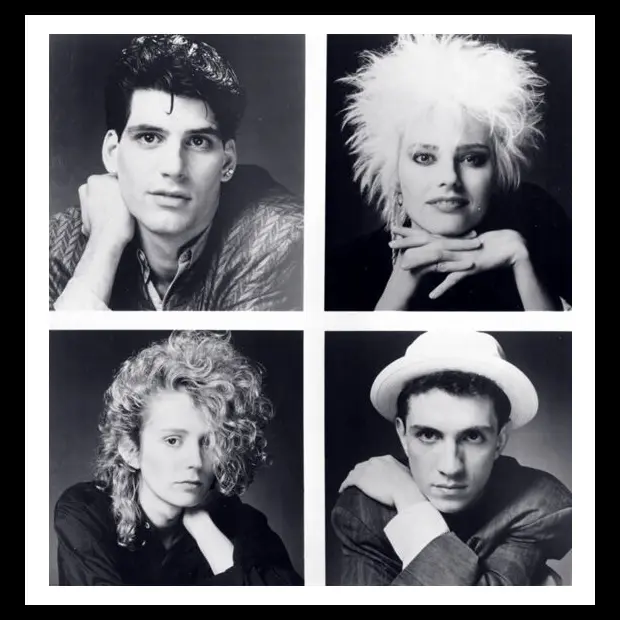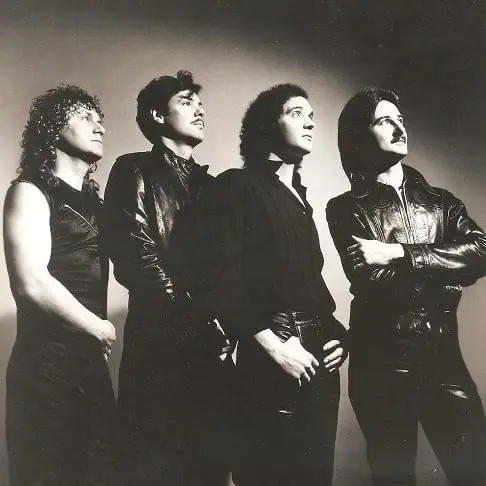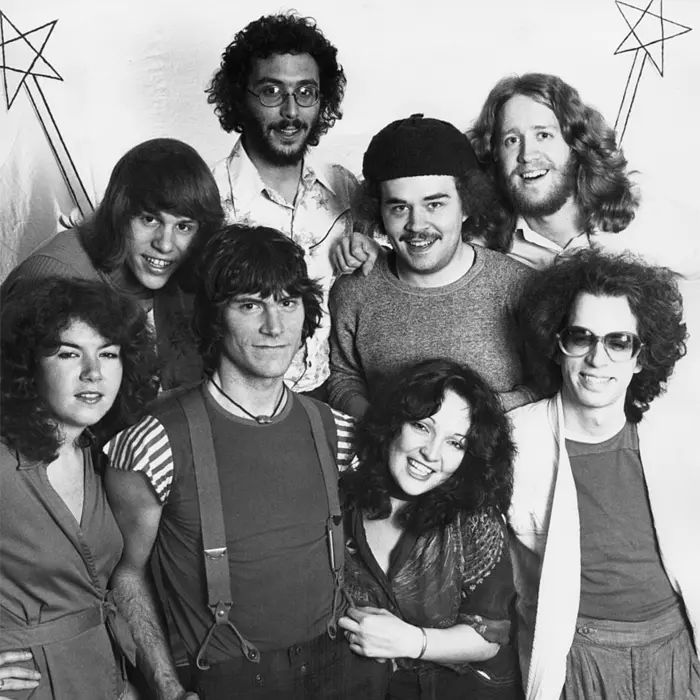Lennie Petze
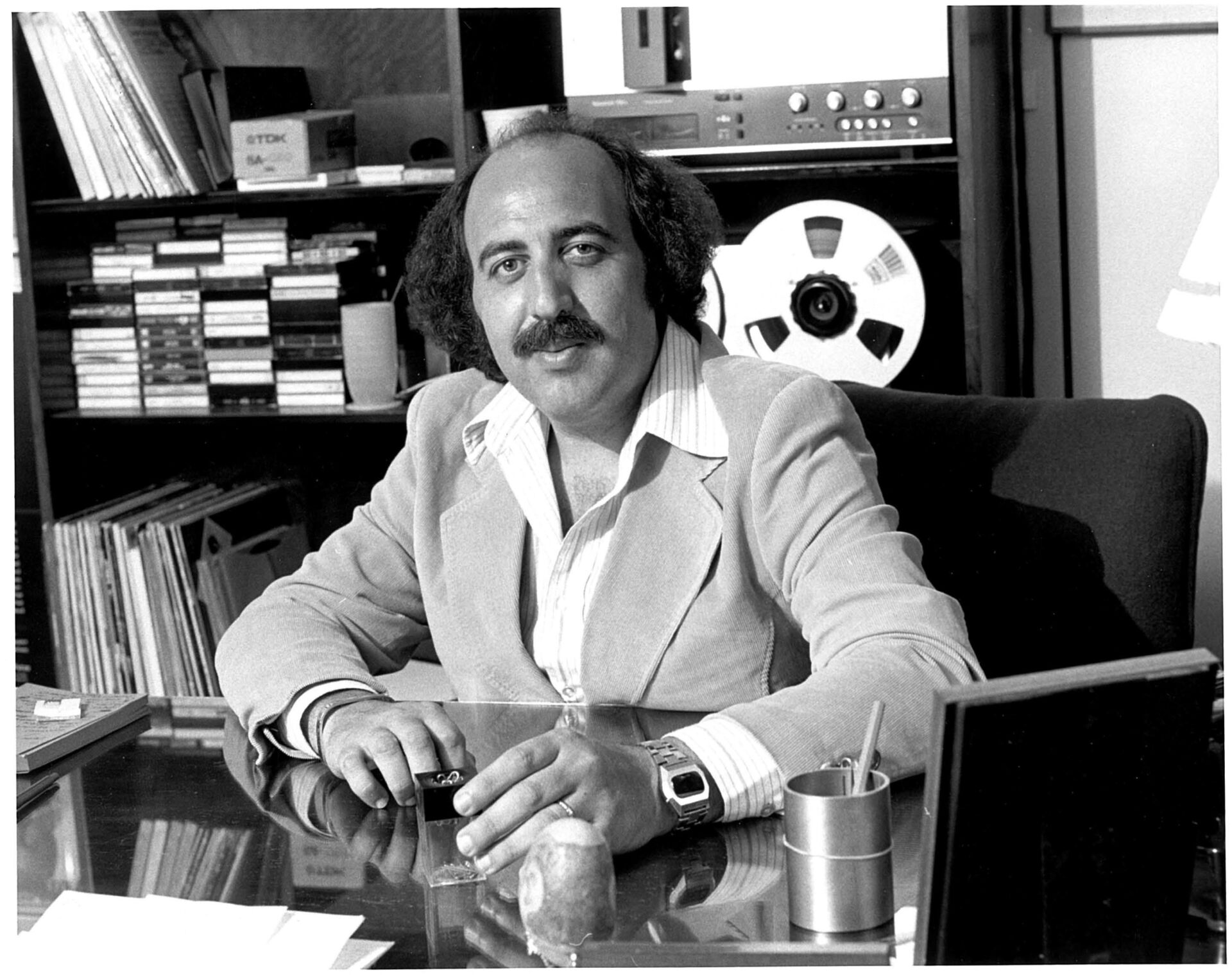
Compiling a comprehensive list of Lennie Petze’s achievements in the music business would be an effort of Epic proportions – pun and capitalization intended – since for over five decades the A&R titan has demonstrated an uncanny knack for spotting talent, anticipating trends and crafting musical magic.
With over 100 gold, platinum and multi-platinum awards for artists he’s signed and records he’s produced, Petze has launched the careers of countless bands and artists, including Boston and Cyndi Lauper. Simply put, it’s impossible to overstate the scope of his behind-the-scenes influence.
Musical beginnings
Born in Weymouth, Massachusetts, Petze was raised in a home where music was a huge part of his family. With a piano in the living room, his sisters singing and playing and his father on the banjo, his exposure and interest in music exploded in 1956 when, at age 13, he saw Elvis Presley in his first nationally televised performance on the Dorsey Brothers’ TV variety show. Instantly, he says, he wanted to play guitar, because it was “a sound I’d never heard” since “radio was dominated by crooners and big bands in those days.”
The Rhythm Rockers, The Rondels
In 1959, just three years after his Elvis-induced epiphany, Petze formed The Rhythm Rockers with four other teens: his cousin Jimmy Petze, Eddie Grispi and Nicky Latteo of Weymouth and Ray Pizzi of Quincy. Their first recording, “Madness,” was released on a local label and got airplay on a number of local radio stations. The ‘60s brought changes to the band’s line up, with Grispi and Latteo departing for the army and marriage respectively.
Drummer Lenny Collins of Braintree joined the band, renamed The Rondels, and one of the new lineup’s first recordings, the standard “Greensleeves” (recorded at Ace Recording Studios, where Petze was working sweeping floors and learning more about the music business) caught the ear of renowned producer Bugs Bower. That landed them a record contract – before any of the band members had reached 11th grade – and in 1961 their song “Back Beat No. 1” made it to #66 in the Billboard Hot 100 and they appeared on American Bandstand.
First label jobs
In 1968, when The Rondels broke up, Petze wanted to stay in the music scene since he’d become fascinated with the recording process. Opportunity knocked when one of his friends from high school left his promotion job at Mercury Records in Boston and recommended Petze to replace him, thus launching a career he’d never dreamed possible. After Mercury, where he was responsible for the Phillips, Smash and Fontana labels, he became Northeast promotion manager at Apple Records before moving back to local promotion for Elektra, MGM and Uni Records.
Epic A&R Vice President, Signing Boston
In 1970, Petze joined Epic Records as Boston promotion manager, beginning his 21-year tenure with Epic’s parent company, CBS Records, then Sony Music. Rising through the ranks briskly, he was promoted to Northeast regional promotion manager in 1972, director of East Coast A&R in 1975 and vice president of A&R in 1977.
In 1975, Petze met with a friend from Boston who said, “Petze I’m going to make you a hero” and played him Boston’s demo tape; Petze signed the band immediately. “It exploded out of my JBLs,” he recalls. “They had been passed on by Epic before but as soon as I heard this demo tape, I said it was the biggest band in the world.” Boston’s self-titled release the next year became the fastest-selling debut album for any American group, reaching one million copies within three months. It stayed in the Billboard 200 for 132 weeks, peaking at #3, and three singles became top-40 hits.
Portrait Vice President, Signing Cyndi Lauper, Others
In 1980, in a pivotal career move, Petze became vice president and general manager of Portrait Records, established in 1976 as an Epic subsidiary. With only Heart successfully selling and the label having failed to sign any new top-selling new artists, Petze’s directive was to rescue the label and – as the charts proved with authority – he did that and beyond.
As if born with an internal crystal ball, the first acts Petze signed were Saga, Aldo Nova, Eddy Grant and Cyndi Lauper, whose debut Portrait releases set each artist on a path to household-name status: Saga’s Worlds Apart sold 500,000 copies; Aldo Nova’s Aldo Nova sold one million; Eddy Grant’s My Turn to Love You sold two million; and Cyndi Lauper’s She’s So Unusual reached a jaw-dropping seven million. Sales of She’s So Unusual and its four singles made Lauper the most successful female artist ever on any Epic label. Shrewdly, Petze used that fact to persuade CBS UK that Sade should release her debut album on Portrait, resulting in 1984’s Diamond Life, which sold seven million copies, matching Lauper’s record-shattering debut.
Epic/Portrait Senior Vice President
In 1982, with the success of his initial signings now legendary industry-wide, Petze became senior vice president of A&R for Epic and Portrait. While working with the existing Epic talent roster – which included Michael Jackson, REO Speedwagon, Cheap Trick, The Clash, Heart, The Charlie Daniels Band, Jeff Beck and many others – he signed a number of chart-busting new acts including Europe, Heatwave, Wet Willie, Don Johnson, Accept and ‘Til Tuesday.
Supporting New England artists
Being from the Boston area, Petze always supported the Boston and greater New England music scene and he signed many local acts that he felt deserved a major label in addition to Boston and ‘Til Tuesday. They included Barry Goudreau’s Orion The Hunter, Face To Face, New Man, Phil Gentile, Angela Clemmons and Livingston Taylor. He also played a huge part in the signing of Orchestra Luna to Epic. Since he’d taken control, four of his acts had received Grammy nominations for Best New Artist and three of those had won the award. In 1988, Petze was promoted to senior vice president for Epic and Imagine Records and signed glam-metal group Danger Danger.
Petze Music Group, Aureus Records
In 1991, after 21 enormously successful years with CBS, Petze left the company and moved to Cape Cod where he founded Petze Music Group, the goal of which was to develop artists specifically from New England. After working with Steve Sweeney, XXL, Head, Cactus Land and Laura Diaz produced limited commercial success, however, Petze decided to change direction and in 1993 he founded Aureus Records, which focused on dance, pop, house, rap and R&B. Among the groups he signed were The Outhere Brothers – whose debut single “Boom Boom Boom” sold over a million copies and whose song “La La Hey Hey” hit #1 in the UK – and Fruit De La Passion, whose Tic Tic Tac album reached the top 10.
Later projects
In 1996, Petze sold Aureus Records’ assets to Warlock Records and began his “semi-retirement,” although he has remained active, even hands-on, in various projects including Gene Loves Jezebel, Larissa, Eyra Gail and rapper Rakim’s 2009 album The Seventh Seal, which reached #9 in the Billboard Top R&B/Hip-Hop Albums chart. Since then, Petze has been credited on over 25 albums as everything from producer, executive producer and audio producer to arranger and background vocalist.
Comments on A&R approach
In 2014, when asked if there were any particular acts he thinks he should have signed, he cited The Cars and Bon Jovi. “I just missed,” he said, adding that he wished he’d gone to see The Cars play live before the band signed with Elektra in late 1977. “But I was taught early on in A&R, it’s not who you don’t sign. It’s what you do with who you sign.”
(by D.S Monahan)

